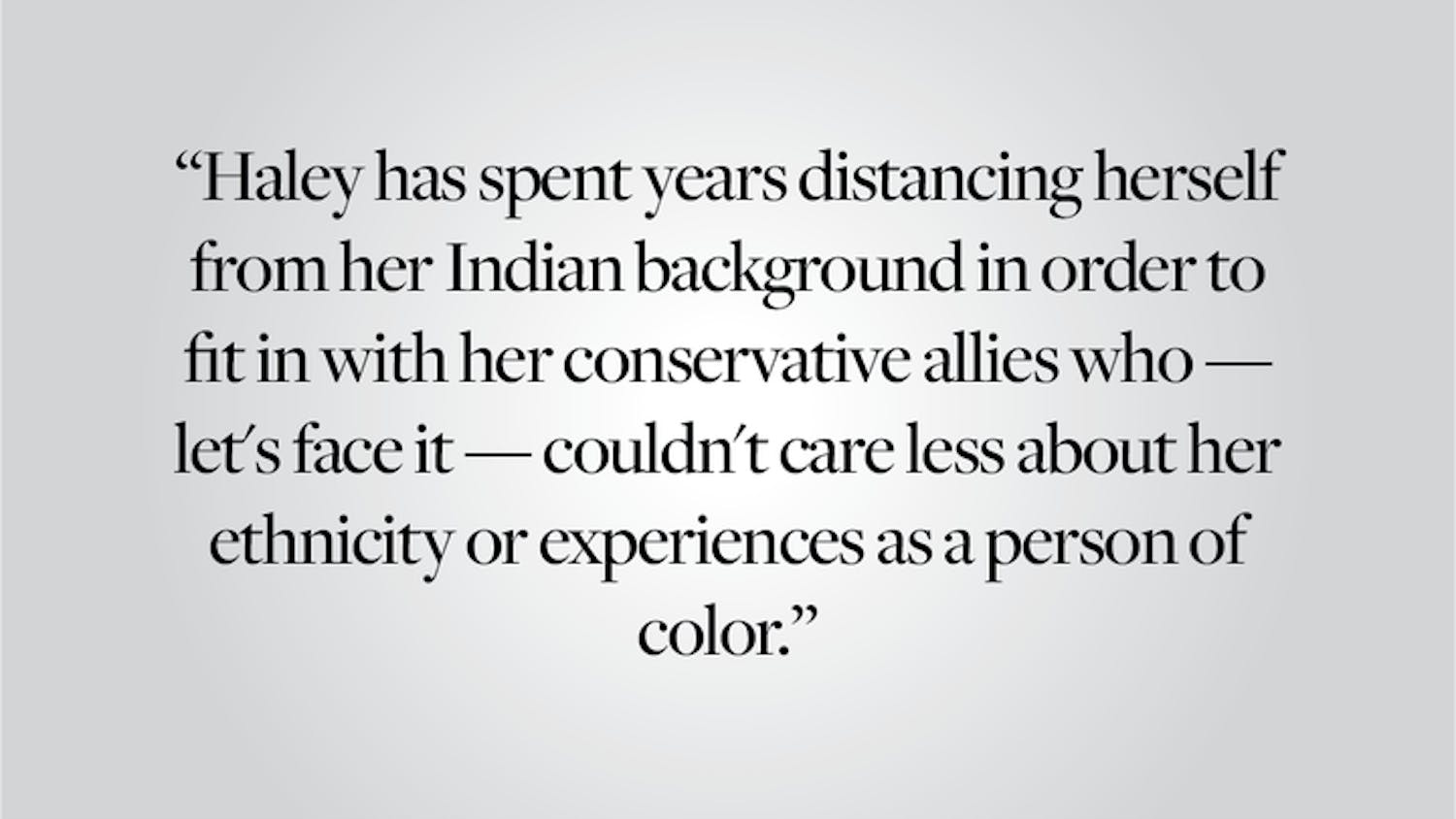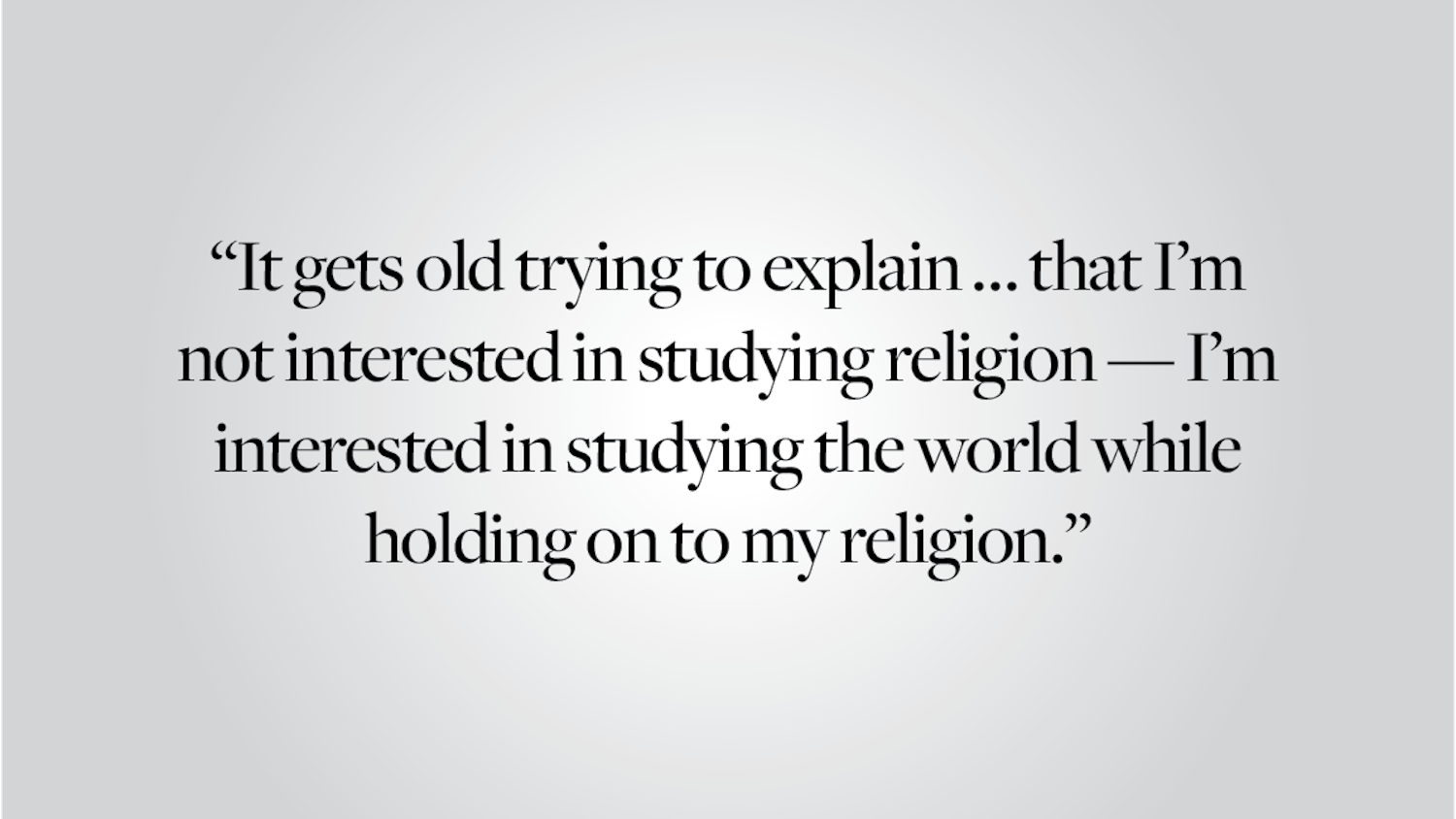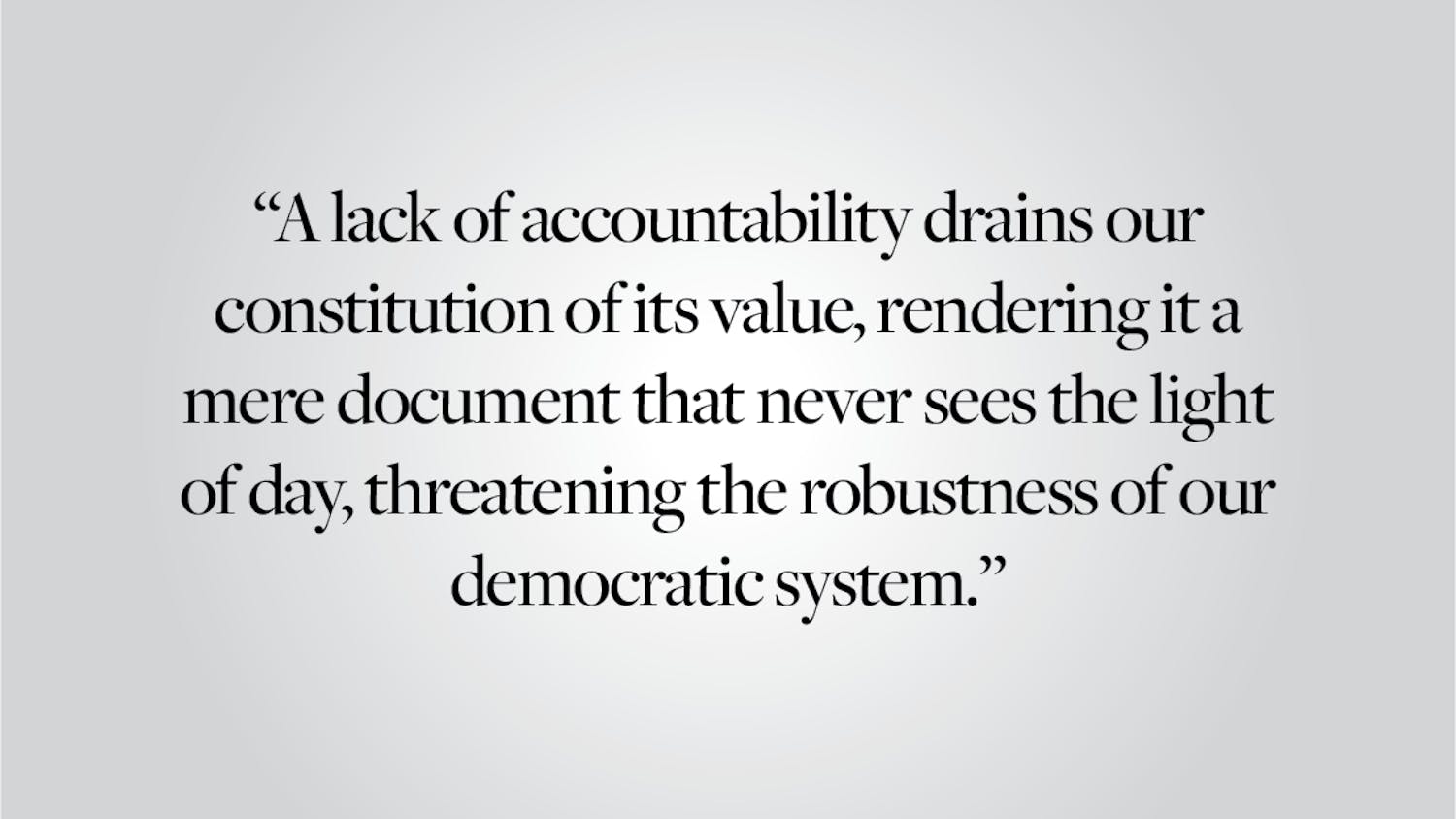The teaching I do as a professor of American studies, ethnic studies and English finds me regularly engaged with matters at the core of whom we consider ourselves to be and how others consider us. This semester, for instance, I’m teaching an undergraduate course, ETHN 1890E: “Johnny, Are You Queer: Narratives of Race and Sexuality,” and a graduate seminar, AMST 2220I: “Skin Deep: Reading Race, Reading Form.” Both classes deal with cultural and theoretical works that take up, among other topics, race, gender, sexuality and class. As with any course, I am introducing my students to an ever-evolving body of knowledge, hoping they will become more fluent with its objects of inquiry and its methodologies.
I tell my students on the first day of class that personal connections with the material can be a useful jumping-off point that generates enthusiasm and insights, but those insights will need to deepen with further critical analysis in order for students to succeed in the class and in the discipline more generally. They will need the ability to form arguments, tackle ideas and venture into new realms of thought that may include the personal but will need to exceed it as well.
My pedagogy is not an either/or proposition. It is a both/and approach. As any rhetorician skilled in the art of argumentation will tell you, either/or thinking often (if not always) leads to fallacious reasoning. It takes a complex situation, strips it of all nuances and then suggests that there is only one of two ways to approach the topic. Tied to the rigor and professionalism with which I approach my teaching is also a recognition that across the seminar table or beyond the lectern are a group of people with feelings, vulnerabilities, complex personal histories and attachments to the course material. I want to bear their humanity in mind.
I see a robust humanistic approach to learning and teaching as invested in making the world a better, more equitable, more just place, one in which we help each other realize our fullest potential. Whether in our mutual production of knowledge (a production that, at its best, charges the classroom with a vivifying energy) I agree or disagree with my students or whether they embrace or reject my ideas, I want them to feel considered and heard, just as I do. It would be naive to pretend that we are on the same footing with the material I teach. I have many more years of studying and writing than they, yet I recognize they have valuable contributions to make and that ideally I am helping them refine their ideas. In the classroom, we are engaged in a dialogue to which I lend my support and expertise to abet the students in seeing the shortcomings, merits and potential of our ideas.
The achievement of such a pedagogy and the production of such a world are not reducible to a series of saccharine bromides. Rather the road to such teaching, the road to such engagement with one’s students, is built on what scholars such as Cornel West, bell hooks, David Kyuman Kim and George Lipsitz, among others, have called radical love.
This radical love fosters community and emerges through it. Radical love is a love that gives the benefit of the doubt, that affirms and questions, that holds its skepticism at bay to allow a raw thought to develop, that understands accountability not as a zero sum game, that doesn’t draw lines in the sand, that doesn’t believe in (to borrow a phrase from Edward Said) solidarity without criticism, that understands that rifts can heal and that we need not divide ourselves from one another during that healing. It also understands that there may be moments when toxicity reaches such a level that, out of self-care and self-love, one has to pull back and find new alliances. A radical love can foster and enrich community.
I lack the space to discuss the large community of Brown, the one composed of the tens of thousands of people who work and study at the University, to say nothing of the innumerable alums, but I would like to say a word about the smaller communities in which we find ourselves at Brown, the community of the classroom in particular. It is a manufactured, ephemeral community that arbitrarily comes into being at the start of semester and then dissipates 15 weeks later.
Yet I want to encourage students and professors to treat it as a community, not as an assemblage of strangers. Some of the students know each other and even know the professor; some may even come to the classroom with pre-existing baggage with one another; others are meeting for the first time. The benefits of treating a classroom as a community are tremendous, for in the community I imagine created out of radical love, we can really push each other to get the most out of our thoughts, to refine them, to rethink them and to get them into the most lapidary form possible. Ideally in such an environment, we could generate more and more rich, complex ideas.
In such a classroom, there is both agreement and disagreement, but the latter must be done in an environment of mutual respect. It is in disagreement that one is forced to consider, reconsider and sharpen one’s ideas. Students and professors can only work with one another in such an environment, however, if there is trust and class members tacitly agree to give each other the benefit of the doubt. Such a classroom mandates both a tremendous amount of emotional and intellectual maturity and students and professors who speak from a space of genuine belief. This cannot be a space of posturing or purposeful antagonism.
One needs to think about how they formulate and articulate their ideas. There are many ways to say any one thing, and one should measure one’s words for the most productive result possible. Even if I disagree with you, there are a variety of ways to voice that disagreement. They run the spectrum from outright hostile to genuinely engaging your thought from a different angle. Students and professors are going to misstep from time to time, perhaps even say something that doesn’t sit well with one another. We have to be able to acknowledge that misstep and realize it is part of the learning process and part of being human.
We cannot learn in an environment where fear precedes thought, where one is afraid of saying anything for fear of saying the wrong thing. Similarly, we must also recognize that we speak from particular positionalities informed by our race, class, gender and sexuality, among other identity categories. In addition, we need to be conscious of the various privileges we bring to the table. Each of these recognitions is meant to raise awareness of our positionalities and the rhetorical situation in which we find ourselves. We want to create dialogue, not dismiss voices. Self-awareness and a cognizance of one’s interlocutors should lead to robust discussions. This space of radical love and community building is what I strive for in my teaching, and I am sanguine that it is from this space that we can find ways to improve our selves, communities, classrooms and the world.
Ralph Rodriguez is an associate professor of American studies and English. He can be reached at ralph_rodriguez@brown.edu.




